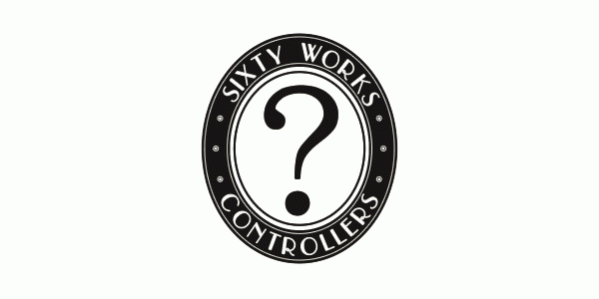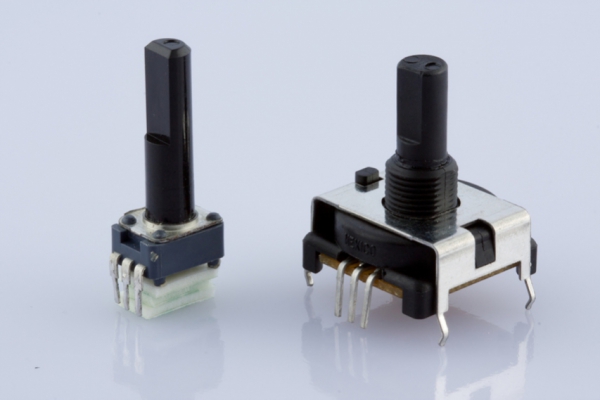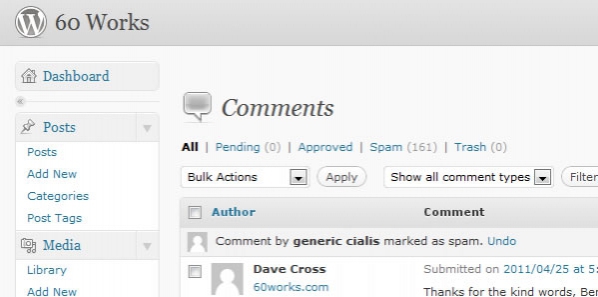At my current gig and at my previous Ableton gig, I’ve had the pleasure of doing some Artist Relations work. Some self-taught lessons are below. As you’ll see, this is a guide for getting to Artist Relations, not Artist Relations itself:
Lesson 1: decide if you’re going to be a fan or a business partner.
Guess what? If you’ve heard of this person, and if your company wants to know them better, they already have fans. What they don’t have is a relationship with your company. You can absolutely let the artist know you’re a personal fan of their work, but that’s not the main reason you (or they) got in contact.
Lesson 2: find the real person behind the Artist.
The following refrain should become common in your work: “Wow, this is a real person that just happens to be an artist!” That real person is the one you want to build a relationship with, not their “persona.”
Lesson 3: be wary of the Ego.
If someone consistently maintains the facade of their artist persona in front of you, they are not interested in a serious relationship with you. They’re not interacting with you on a personal level, they are performing for you.
Problem is, some artists don’t know the difference between their real selves and their “act.” My advice? If you encounter such a person, walk away, slowly at first, then sprint once you’re out of eyesight. They are a ticking time bomb, and the fallout from the eventual Ego Explosion will be massive.
Lesson 4: be wary of Their Entitlement.
Ego and Entitlement go hand-in-hand. If someone feels they’re doing you a massive favor by simply getting in touch, or by requesting freebies or a discount, you’re back to Bomb Squad work. Manage expectations early and carefully to prevent an explosion.
Lesson 5: be wary of Your Entitlement.
Express your own humility. The product or service you offer should not be dangled in front of someone like a doggie treat. If an artist is making the effort to break down their facade to interact with you, they deserve a real person in return, not your Marketing or Press Persona.
Lesson 6: your memory for them is better than their memory for you.
Seriously, it is. Do you remember the exact details of your last trip to the grocery store, when you chatted with the cashier while you entered your PIN? Do you remember that day in 2008 when you were hailing a cab and you accidentally waved at someone instead? These miniature interactions are cute but forgettable.
Problem is, if someone recognizes your fame, you just seared that interaction into their mind. Famous people create memorable experiences out of mundane occassions. That’s why they’re famous.
I distinctly remember standing behind a famous actor at Starbucks. I distinctly remember standing at a urinal next to my Baseball idol. But I doubt Jeffrey Dean Morgan or Ryne Sandberg could detail those experiences as vividly as I can.
Getting back to the point. Don’t expect your every moment with the artist to be as memorable for them as it is for you. Even if your interaction represents the culmination of 20 years of following their career, for them it may just be another business meeting or phone call. Harsh but true.
Repeating from the beginning. This is a guide for getting to Artist Relations. I would argue “Artist Relations” is the act of removing the quotation marks, the capital letters and the word Artist. It’s turning “Artist Relations” into… relations.
You want to achieve the kind of contact where they just happen to be famous, and you just happen to represent a service/product they want.
After you accomplish that, the real work begins, and my advice ends. How you interact with an Artist at this stage is your perogative, to be dictated by your company vision and your own personality.
Continue Reading





